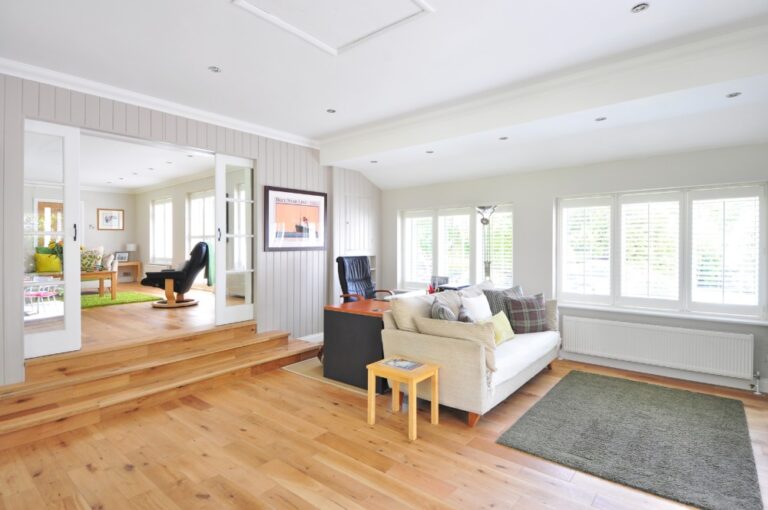As your parents age, their health and wellbeing become more of a priority to you. Unfortunately, it isn’t always easy to take care of an aging parent in addition to running your own household and handling the responsibilities you already have. It makes sense to have your elderly parent move in with you, but before you do so, you need to prepare your home.
Make Navigating the House Easy
Navigating stairs are a problem for many seniors, especially seniors who aren’t steady on their feet without a walker or cane. Consider checking out https://www.easyclimber.com/stair-lifts/ to purchase a stair lift to help your loved one get up and down the stairs safely. Also, if your loved one uses a walking device, you should consider placing one upstairs and one downstairs for added convenience.
Getting rid of any and all clutter should be at the top of your list. Not only will having a neat, orderly house make the transition easier on you and your loved one, but it makes your house safer. People with limited mobility often have trouble navigating crowded homes. You need to:
- Keep things off the floor. Create a large, wide walkway in your home to make it easier for your loved one to get around with a walker if needed.
- Remove rugs with curled edges from the house — they are a tripping hazard.
- Make sure all of your extension and charger cords are kept off the floor and out of the way.
- Get rid of coffee or end tables that block the walkway.
Check and Upgrade Your Lighting
Dim lighting can be hazardous to elderly people who don’t see as well as they once did. Put nightlights in hallways, stairwells, bathrooms, and your parent’s bedroom. Run LED stairway lights up the stairs and place a lamp that turns on by touching the base on your loved one’s bedside table. You can also put motion-detecting lights in pantries and closets so the light automatically goes on and off as the door opens and closes.
Upgrade the Bathroom
Bathroom safety is extremely important for seniors because the bathroom is prone to wet, slippery floors. It’s important to:
- Install handrails in the shower and on the wall next to the toilet.
- Skid-proof your bathtub.
- Make sure your bath mat has a non-skid lining on the back.
- Use door locks that can be locked and unlocked from both sides of the door in case of an emergency.
- Make the cold and hot faucets clearly.
- Place a shower chair in the tub or shower so your loved one can sit down when needed.
It’s also a good idea to discuss the dangers of showering or bathing in an empty home with your loved one. Many seniors are reluctant to ask for help, but explain to your mom and/or dad to at least make sure someone is in the house before showering just in case he or she accidentally slips and falls.
Get a Medical Alert Necklace
Most likely, there will be times when your loved one is home alone, and it’s important that he or she is safe when unsupervised. Medical alert necklaces have a button that seniors can push in they need emergency help. When the button is pushed, the answering service calls the house to determine the problem. If no one answers the phone, they automatically send emergency services out.
Keep a Daily Routine
Sticking to a daily routine makes it easier for you and your loved one to adjust to your new living arrangements. Sit down together to make a schedule for the week. When you’re finished, write your schedule down clearly and hang it in your home in a place that’s easily accessible. This way, everyone in your family knows exactly what to expect for the day — which helps keep questions to the minimum.
Moving your mom and/or dad into your home is a huge adjustment for everyone involved. However, taking the time to prepare your home and create a routine that’s easy for everyone to follow makes the transition a lot easier.



